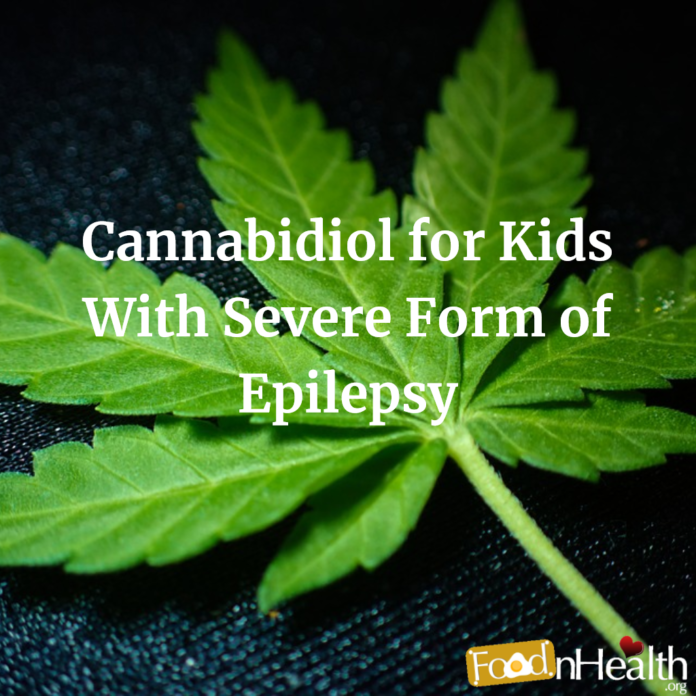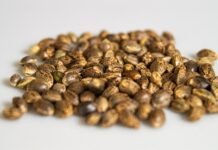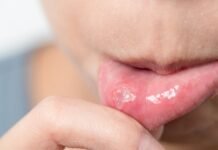For a number of years, the use of cannabis as an alternative treatment for epilepsy has been studied by scientists. While several studies show that epilepsy patients benefit from their regular use of cannabis, many skeptics still argue that it isn’t a viable alternative.
Medical cannabis has been at the center of medical research as of late. The recent legalization of industrial hemp in the US has paved the way for more researchers to conduct studies involving CBD and its potential health benefits, particularly in terms of treating pain, managing anxiety, and curing neurological disorders like epilepsy.
It’s worth noting that CBD products do not produce any psychoactive effects commonly linked to THC. Getting “high” isn’t a concern when using any CBD product. This means that even children with epilepsy can rely on this alternative treatment, especially if traditional drugs for this condition do not produce the expected results.
For children, CBD jelly beans are being developed since they’re easier for kids to consume. Researchers hope that these CBD-infused jelly beans hold the key to stopping seizures in children with Dravet syndrome and Lennox-Gastaut syndrome.
Two recent studies present promising results. The first is a 2017 study published in The New England Journal of Medicine, which involved 120 children and young adults. The placebo-controlled trial showed that children with Dravet Syndrome experienced fewer seizures after taking oral CBD over a period of 14 weeks. During that time, convulsive seizures decreased from 12.4 a month to 5.9 a month. The placebo group exhibited an insignificant drop from 14.9 to 14.1. More interestingly, 5 percent of the patients who took CBD didn’t have any seizures at all.
Dravet syndrome is characterized by seizures that can be extremely difficult and even deadly. In the US, there are no antiepileptic drugs approved for this particular epilepsy syndrome. This makes the results of the study even more significant. The fact that patients had fewer seizures after using CBD may be the conclusive evidence scientists have been waiting to see after studying the link between cannabidiol and epilepsy for several years.
Another study that backs up this claim involves Epidiolex, the first ever CBD medicine approved by the FDA for both Dravet syndrome and Lennox-Gastaut syndrome. The participants in the study already tried an average of four antiepileptic drugs without any success. There were 199 patients with an average age of 9 years old. The first group received 20mg/kg dose per day, the second group received 10mg/kg per day, while the last group received a placebo.
After 14 weeks, convulsive seizures dropped 46% in the first group, 49% in the second group, and 27% in the placebo group. This aligns with the previous study by The New England Journal of Medicine, showing once again that CBD can work wonders for epilepsy patients.
Of particular interest is the fact that both doses displayed nearly equivalent effectiveness. This means that children don’t need high dosages just to experience the seizure-reducing benefits of CBD jelly beans. The participants, however, experienced a few side effects. The most common include sleepiness, decreased appetite, and diarrhea. By prescribing a low-dose of oral CBD, patients can enjoy fewer seizures while being more tolerant of the common side effects.
While the two studies show promising results, some scientists want to test how effective CBD is for treating epilepsy over the long-term. In one Israeli study, 92 children and adults with different forms of epilepsy were followed over a period of 20 months. The results show that the benefits of using CBD appear to diminish over time. This can be attributed to tolerance to the drug.
One solution is increasing the dose of CBD to get the same benefits. But as noted, higher doses could make patients more vulnerable to the side effects of CBD. The good news is that CBD products for epilepsy can still improve. Studies that present challenges like tolerance to the drug can only work in favor of manufacturers, as they can make adjustments accordingly.
Overall, the studies involving CBD and how it can reduce seizures in kids with epilepsy present encouraging results. Epilepsy patients enjoyed a 50% decline in seizures, which is an impressive number considering that no traditional antiepileptic drugs have yet to produce the same results. Although using CBD comes with a few side effects, they aren’t severe enough to be a major cause for concern.
Moving forward, more studies are to be expected to test the efficacy of CBD for epilepsy further and gather data to enhance the current options on the market. Now, children with Dravet syndrome and Lennox-Gastaut syndrome have a new alternative treatment. Perhaps it’s only a matter of time before CBD jelly beans are prescribed to all children suffering from epilepsy, helping them keep seizures under control and allowing them and their families to live happier lives.


























